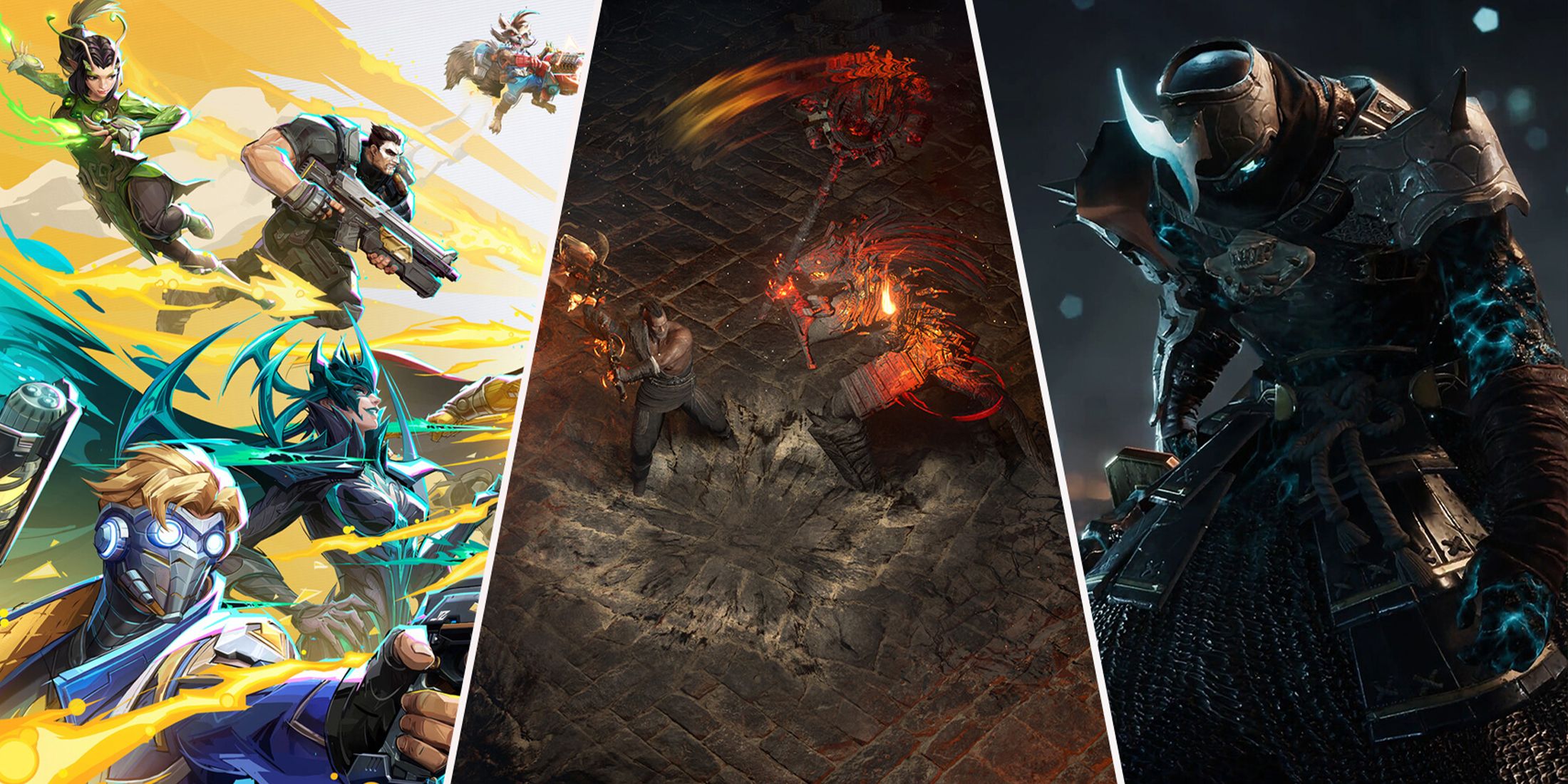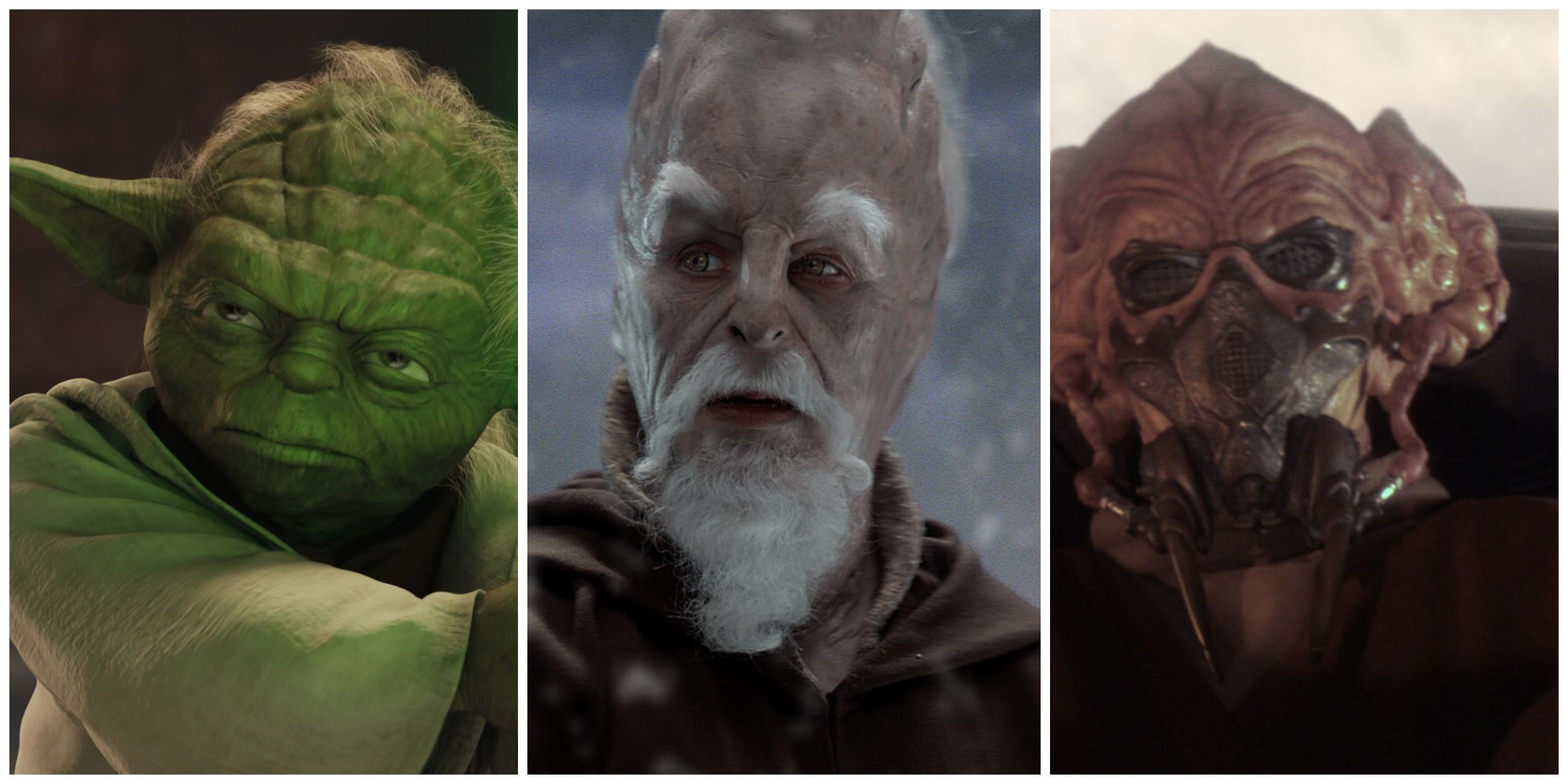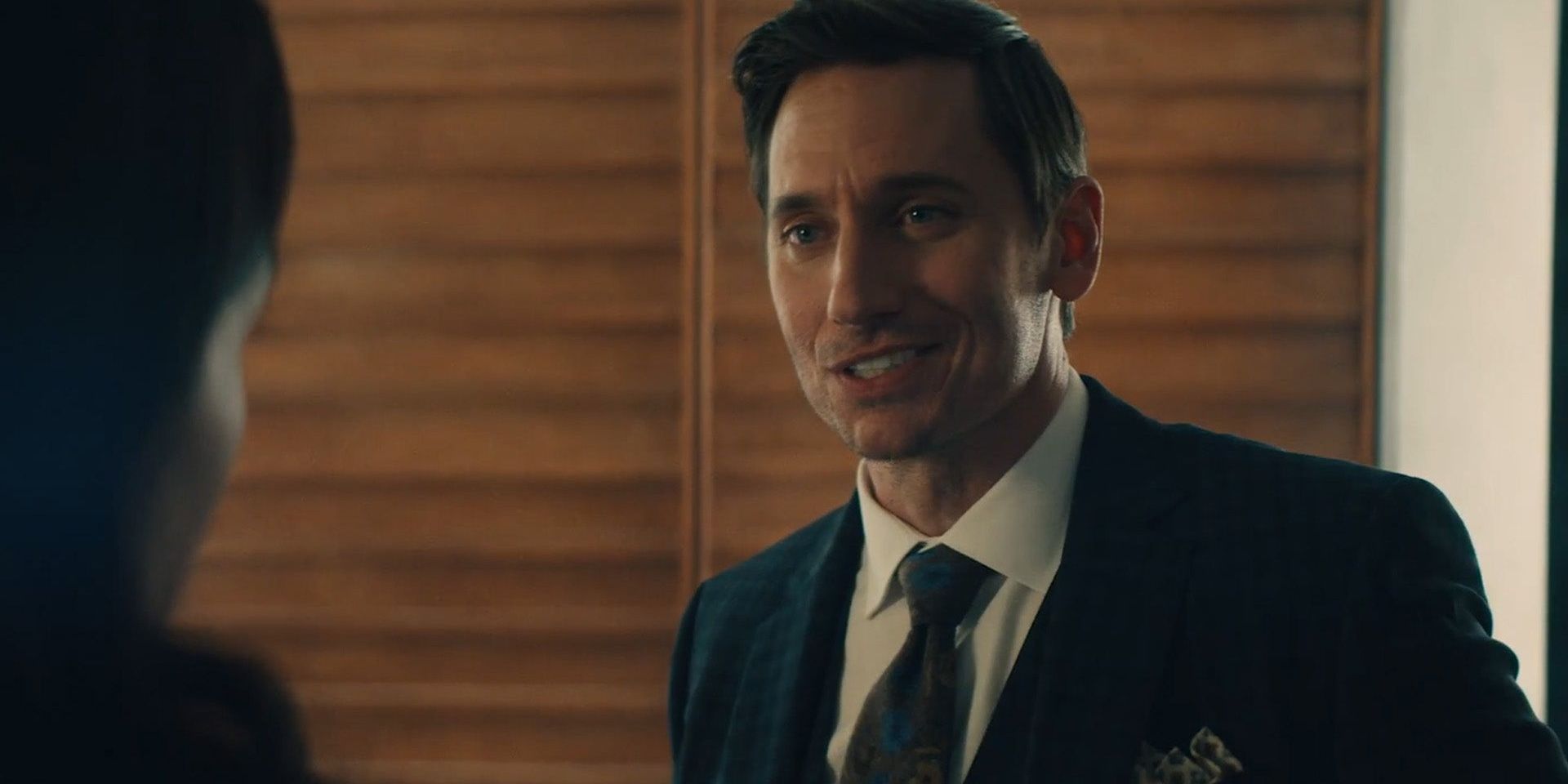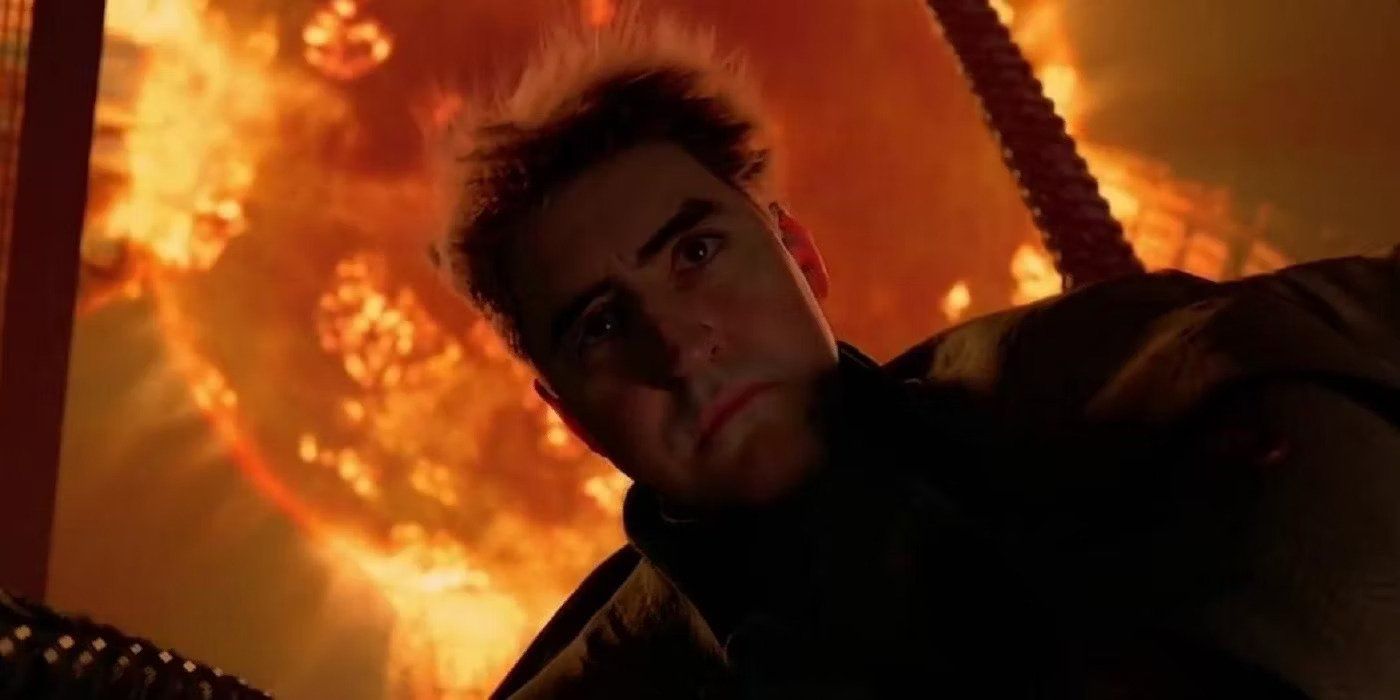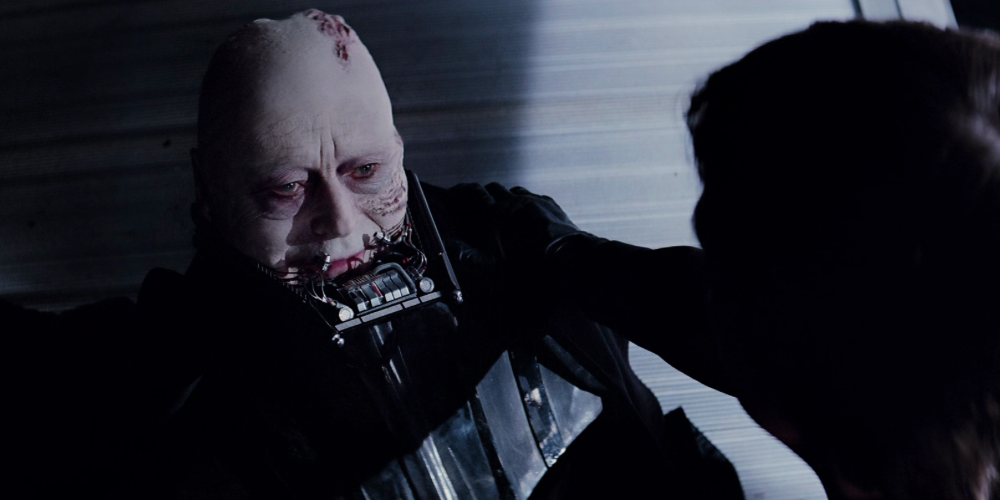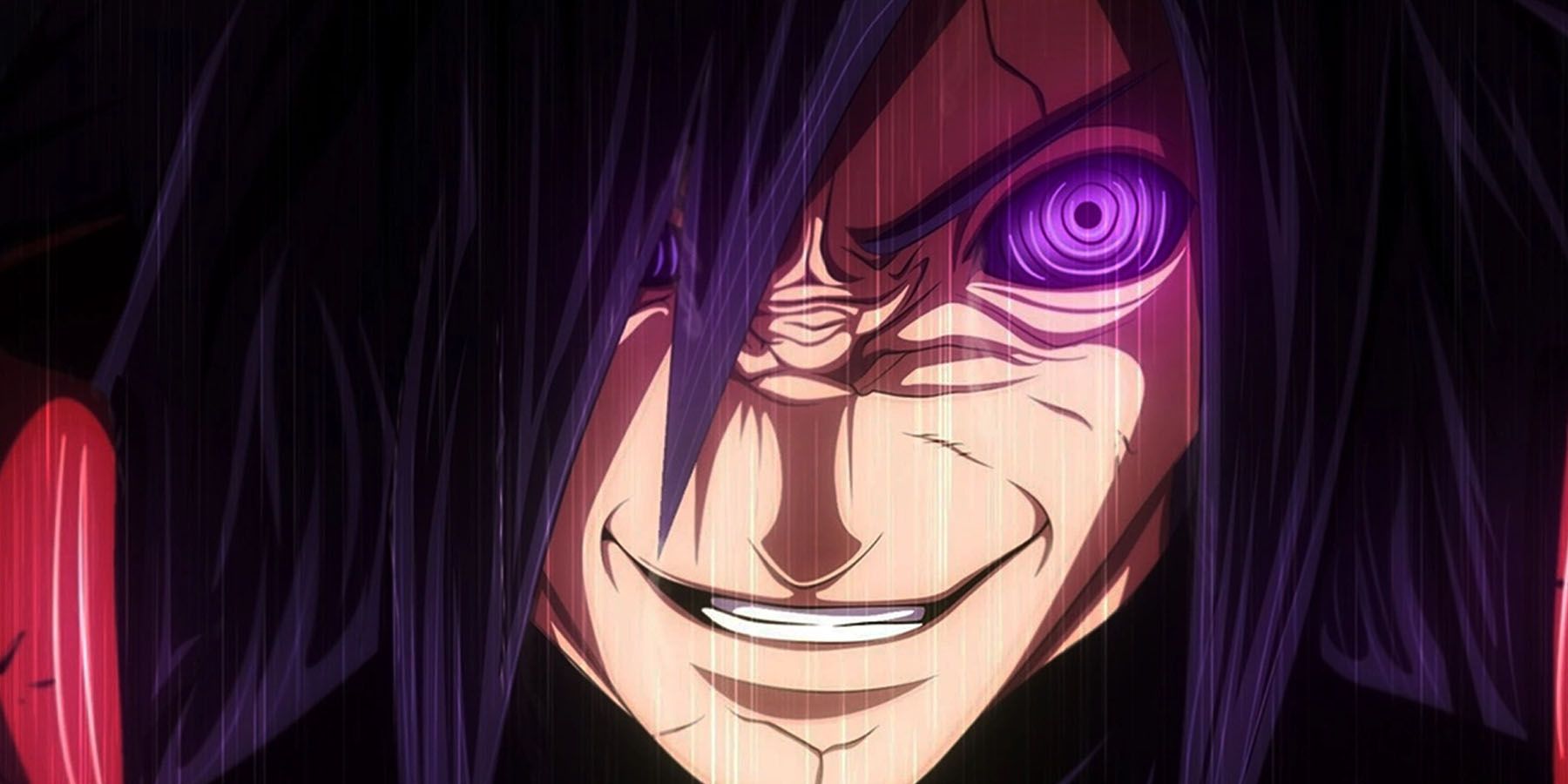Villains can be controversial. If the author makes them too likable, the fans will be rooting for them over the hero. If the author gives them no redeeming qualities, they cease to be relatably human. Most villains lose at the end of the story, but a lot of them also pay the ultimate price. Like any eulogy, those who see them die tend to gloss over their sharp edges.
In most genre fiction, heroes are reticent to kill their enemies. Maybe they'll be forced to take a life in an otherwise impossible situation, give in to their worst judgment, or decide that the villain is too dangerous to live. Either way, if the writer wants their hero to kill, but also needs them to remain noble, they might give them a bit of regret after they do the deed.
Some villains are worse than others. An antagonist only needs to oppose the goals of the protagonists, and that leaves room for infinite methods. Some villains have standards, and won't stoop to certain moral low points. Other enemies will do whatever it takes to accomplish their goals. Beyond methods, villains' motivations differ heavily. Simple examples might only seek financial gain or personal power, but more nuanced figures could see their goal as the obviously correct path with a strong argument behind it. Regardless of their limits and aspirations, villains almost always lose and often die. When a villain dies and the threat has been vanquished, a moment of silence will allow the heroes and the bystanders to see that enemy for the tragic figure that they are. This can give an unforgivable character a single moment of sympathy that they could never earn in life. If it's done poorly, it will feel like an embarrassingly sentimental attempt to whitewash their actions.
This trope is roughly as old as the written word. Judas Iscariot is a name so infamous that it's become synonymous with betrayal as a concept. He's a complicated figure with a lot of conflicting data across versions of the Bible. The ostensibly heretical Gnostic Gospels, for example, state that Judas followed the instructions of Jesus in his actions. In any case, Judas's claim to fame is handing over Jesus Christ, fulfilling the prophecy of his betrayal, and ensuring his execution. According to the Book of Matthew, Judas reacted pretty poorly when he realized Jesus faced crucifixion. He reportedly tried to return his payment, then threw it away when they refused. He then went on to hang himself in shame. The go-to example for treachery got a moment of pity before his death, then got multiple other writers imagining morally correct justifications for his actions.
Superhero media works through this concept with the majority of its antagonists. Take Sam Raimi's beloved Spider-Man trilogy. The first film's villain is Norman Osborn, a complicated but basically decent businessman who is corrupted by his own mad science. When he dies by his own hand, Peter Parker is genuinely sad. The sequel introduced Otto Octavius, a kind-hearted scientist who represents everything Peter hopes to achieve in life. When his invention drives him mad and his end goal threatens to destroy the city, he willingly sacrifices himself and his dream to save the day. His dying words, "I will not die a monster," would make a decent alternative name for this trope. Finally, Flint Marko from Spider-Man 3 is sympathetic from the moment he's introduced to his final appearance. Each of these villains feels like full-fledged human beings with personal issues, and regardless of how many people they've hurt, their deaths are genuinely heartrending.
For a less competent example, look to the iconic shonen anime empire Naruto. Fans have coined the fun term "Talk no Jutsu" as shorthand for Naruto's default tactic with every enemy. Naruto hasn't met a monster he won't try to redeem, and he's successful more often than not. Zabuza was an assassin who lost the respect of his fellow contract killers by taking dodgy work. After Naruto's done with him, he sacrifices himself for the benefit of others. Orochimaru was the anime's answer to Joseph Mengele, and even he got the pep talk treatment. Even Madara Uchiha, the towering demon who threatened the world for the entire series eventually found himself peacefully accepting his defeat and death. It becomes insufferable as Naruto can apparently exorcise the evil from any living being with a conversation and no one is ever held to account for their crimes. Once a Naruto character dies, Masashi Kishimoto just expects everyone to forget about the millions they've killed and look back on them with kindness.
Pitying the villain of a story makes sense in some circumstances, but the Alas, Poor Villain trope is very easy to get wrong. A decent justification for their actions, a genuine sense of regret for what they've done, and a broad belief in forgiveness as a theme are crucial to pulling this off. Villains can be great characters, just don't pretend that they deserve better than what they got. They certainly wouldn't extend the same courtesy.

